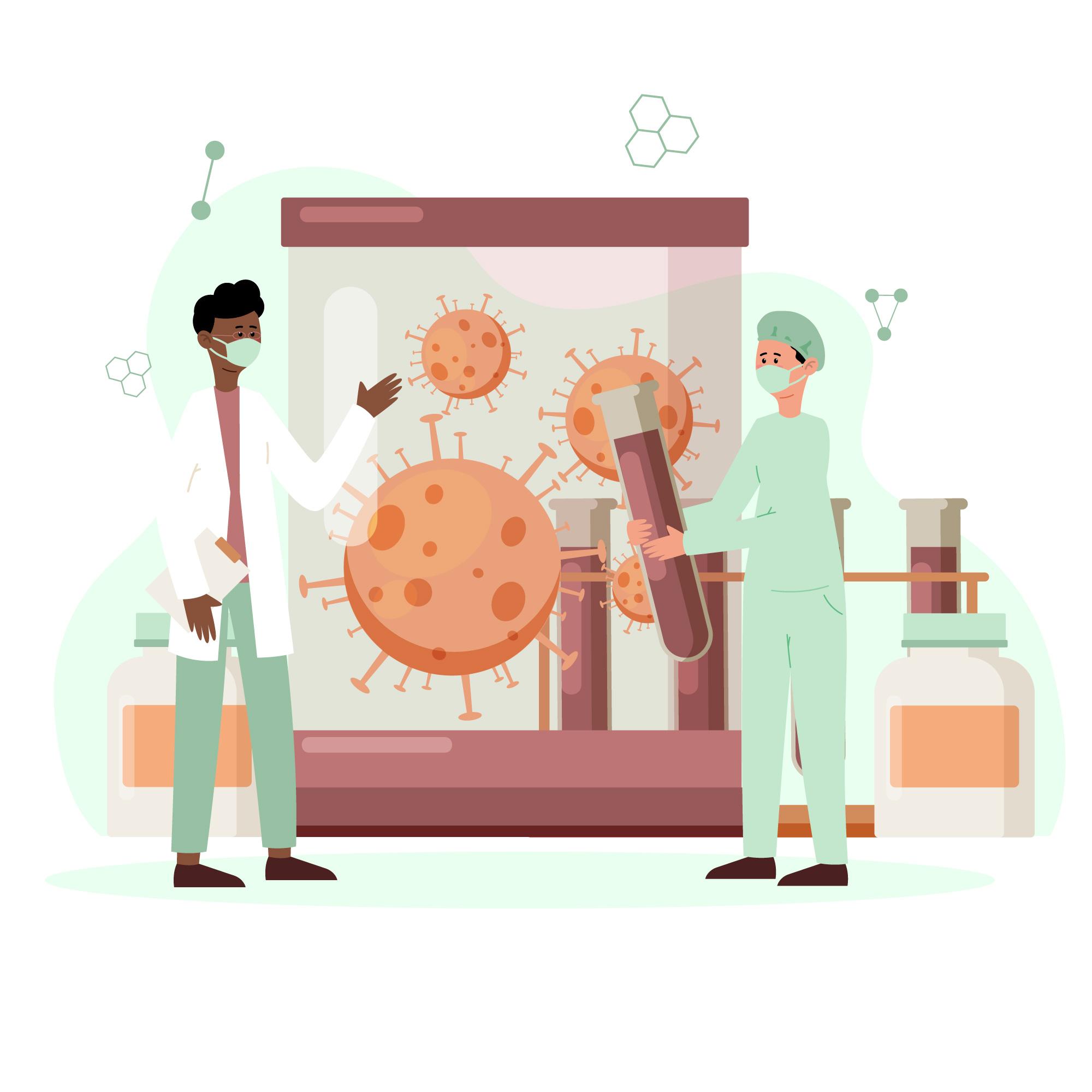
Diagnosis and Testing for Adenovirus
Title: Decoding Adenovirus: Understanding Diagnosis and Testing
So, you’re feeling under the weather, and you suspect it might be adenovirus. How can you know for sure? Let’s talk about the diagnosis and testing methods used to identify this pesky virus.
When it comes to diagnosing adenovirus, healthcare providers have a few tricks up their sleeves. Here are some of the most common tests they might use:
- Physical Examination: Your healthcare provider will start by asking you about your symptoms and performing a physical exam. They’ll look for signs like fever, sore throat, cough, and redness in the eyes – all common indicators of adenovirus infection.
- Swab Tests: If your healthcare provider suspects adenovirus, they may take a sample from your throat, nose, or eyes using a cotton swab. This sample is then sent to a laboratory, where it’s analyzed for the presence of adenovirus DNA or antigens.
- Blood Tests: In some cases, blood tests may be used to detect adenovirus antibodies – proteins produced by the immune system in response to the virus. A rise in antibody levels can indicate a recent or current adenovirus infection.
- Rapid Tests: For more immediate results, rapid tests may be used to detect adenovirus antigens in respiratory or ocular samples. These tests can provide quick confirmation of adenovirus infection, allowing for prompt treatment and management.
Once the test results are in, your healthcare provider will be able to confirm whether or not you have adenovirus. If the test is positive, they’ll work with you to develop a treatment plan and provide guidance on how to manage your symptoms.
It’s important to note that while testing can be helpful in confirming adenovirus infection, treatment is often focused on relieving symptoms and supporting the body’s natural immune response. Most cases of adenovirus infection will resolve on their own with rest, hydration, and over-the-counter medications to alleviate fever, pain, and congestion.
If you suspect you may have adenovirus or are experiencing symptoms of respiratory or ocular infection, don’t hesitate to reach out to your healthcare provider. They can help determine the best course of action and provide the support you need to feel better soon.
To seek medical advice, always consult a Doctor. Here are our recommended experts. Click here
To read more on Respiratory disease . Click Here


